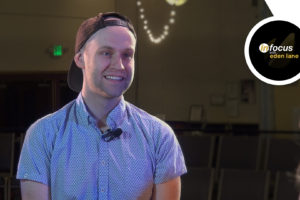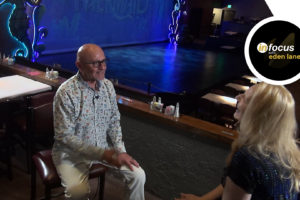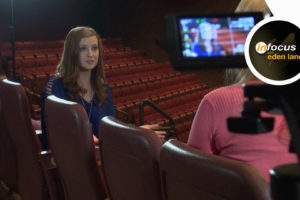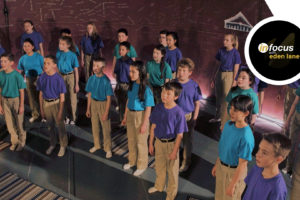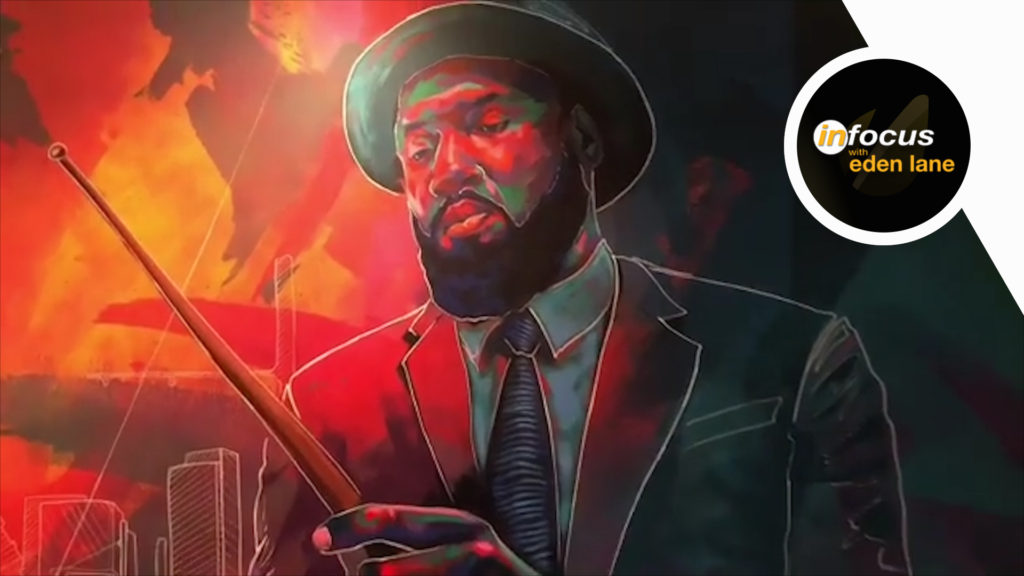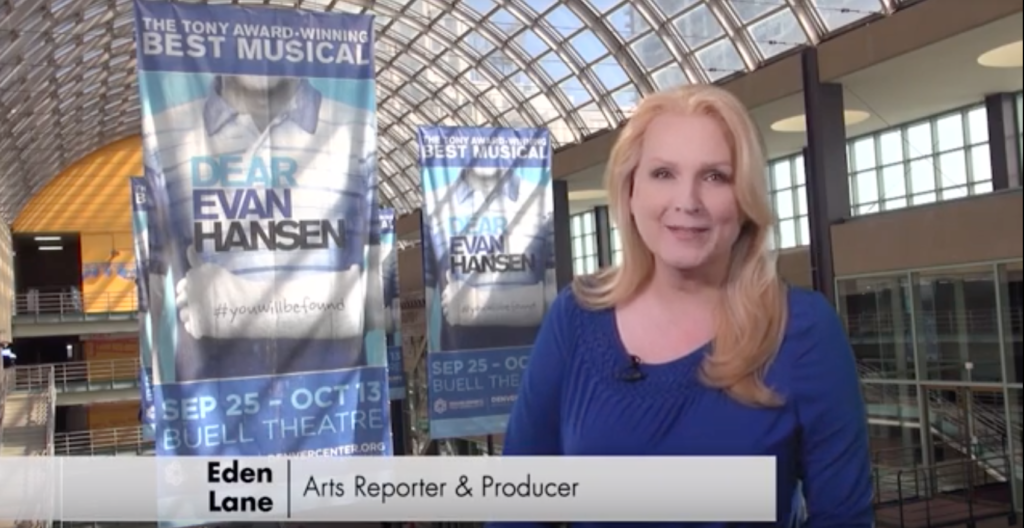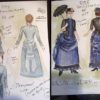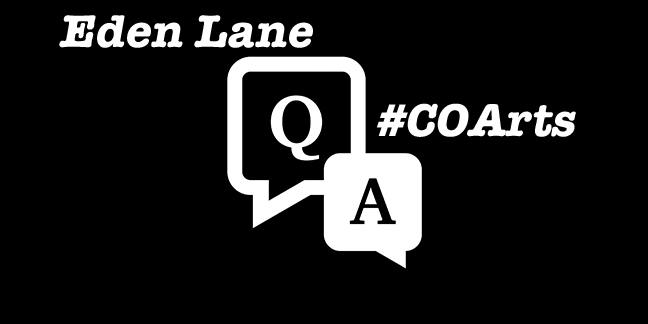
Curious Theatre Company continues the Serial Storytelling initiative with the Meridith Friedman play,Your Best One. Friedman was a Playwright-in-Residence at Curious Theatre Company and the first play in this series The Luckiest People was produced at Curious last season.
Meridith Friedman has been a Dramatist Guild Fellow, and the recipient of a Downstage Left Playwriting Residency at Stage Left Theatre and a Dramatist Guild Writers Alliance Grant. She was a Visiting Assistant Professor of Drama at Kenyon College during the 2011-2012 academic year, and taught screenwriting to undergraduates while completing her graduate work at Northwestern University. She has also taught playwriting to talented high school and middle school dramatists at Interlochen Center for the Arts and Curious Theatre Company.
This is my email Q&A with Meridith Friedman after the opening performance at Curious Theatre last weekend.
Eden Lane:
Even though this new play “Your Best One” is part of a series commissioned by Curious and began last year with “The Luckiest People” it stands alone for anyone who didn’t see the first play. How did you approach writing the story across the plays and individually?
Meridith Friedman:
The challenge of a trilogy, particularly one that is told chronologically, is creating a series of plays that speak to each other while also maintaining their autonomy. My hope is that as the audience progresses through the trilogy their experience is enhanced by knowing what came before, but it isn’t hindered without that knowledge. It’s a tricky balance, indeed, and one I found through trial and error. With each play, my early drafts were loaded with exposition. Over the course of many workshops and public readings, I learned what information was pertinent and slowly chipped away at the rest.
EL:
This play touches some difficult concerns yet makes space for the relief humor can provide. How would you describe this play?
MF:
Our wonderful director, Dee Covington, described it as a meditation on loneliness and that sounds about right to me. I think each character in the play is feeling some version of alienation or exile, and reaching out, in their own way, for connection. In Your Best One, the humor tends to emerge from darkness – laughter erupts from moments of great despair.
EL:
Meeting characters who aren’t always easy, but remain like-able makes it easier to enter the world of this play. How did you approach creating these complex characters?
MF:
My process as a writer is essentially the actor’s process in reverse. An actor’s process typically starts with “table work” – detailed analysis of the script. They map out their objectives and the tactics they will employ in pursuit of those objectives. Then they get on stage and listen and respond in the moment, trusting that all of the energy and time they put into crafting their performance has saturated their subconscious.
I work backwards. I stare at an empty page and start typing furiously, impulsively, without the interruption of judgment or editing. Then I go back and examine each line of dialogue and try to figure out what it’s doing – what objective it is pursuing, what character arc it is advancing. I move from subconscious to conscious.
I’ve never been very concerned with creating like-able characters, but they must be understandable. We don’t have to agree with what they do, but we have to understand why they do it. I think theatre, at its very best, is the practice of empathy – seeing from someone else’s vantage point and hopefully, in the process, gaining a greater understanding of their journey through the world.
EL:
Will we see another play with these characters? If so, what can you share about it?
MF:
Yes, the third play in the series is tentatively titled I Can Go and takes place two years after Your Best One. I can’t give too much away about the plot, as it will spoil what happens in Your Best One, but it explores how we find the good in goodbye. How we move on, and move forward, on our own terms.
EL:
When you reflect on this experience with Curious, how do you describe it?
MF:
It really means the world to me to see my work on Curious’ mainstage. Almost a decade ago, fresh out of grad school, I did a year-long playwriting residency at Curious sponsored by the National New Play Network. Over the course of that year, Curious became an artistic home for me, and Chip Walton became a mentor and friend. His belief in my voice, and advocacy for my work, is how and why this project came to fruition. Taking a chance on a relatively unknown voice is a risk, and I am forever grateful for Curious’ bravery.
EL:
Anything else you would like to share?
MF:
I think that covers it – great questions!
About the play:
The Hoffman family rallies together – and against each other – as they battle over health insurance, child custody, inheritance, and superfoods. Former couple Richard and David tentatively dance around each other as they each navigate if second chances are ever really possible. Featuring a family of Curious all stars, you’ll see wit, wisdom, and reminders of your own family as they grapple with challenges we all face. From Chicago Med writer and award-winning playwright Meridith Friedman, Your Best One captures the love and heartache in every family.






